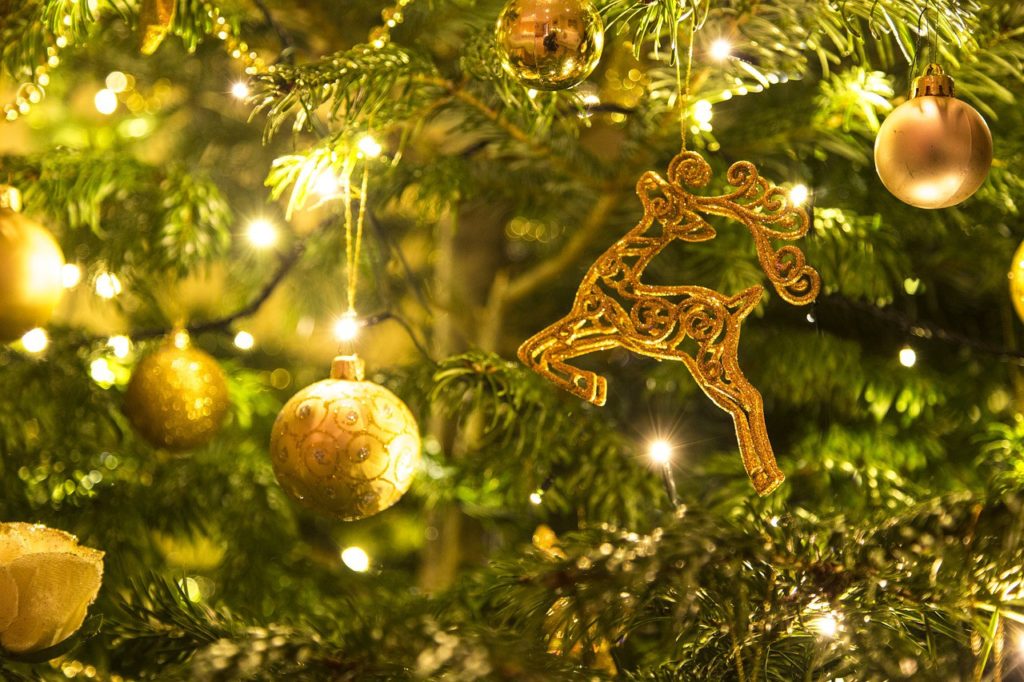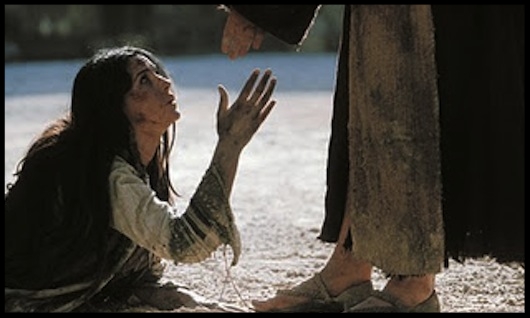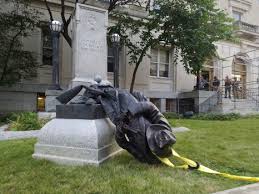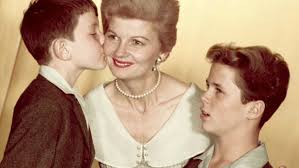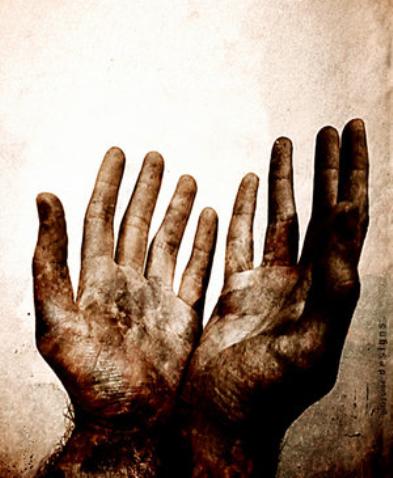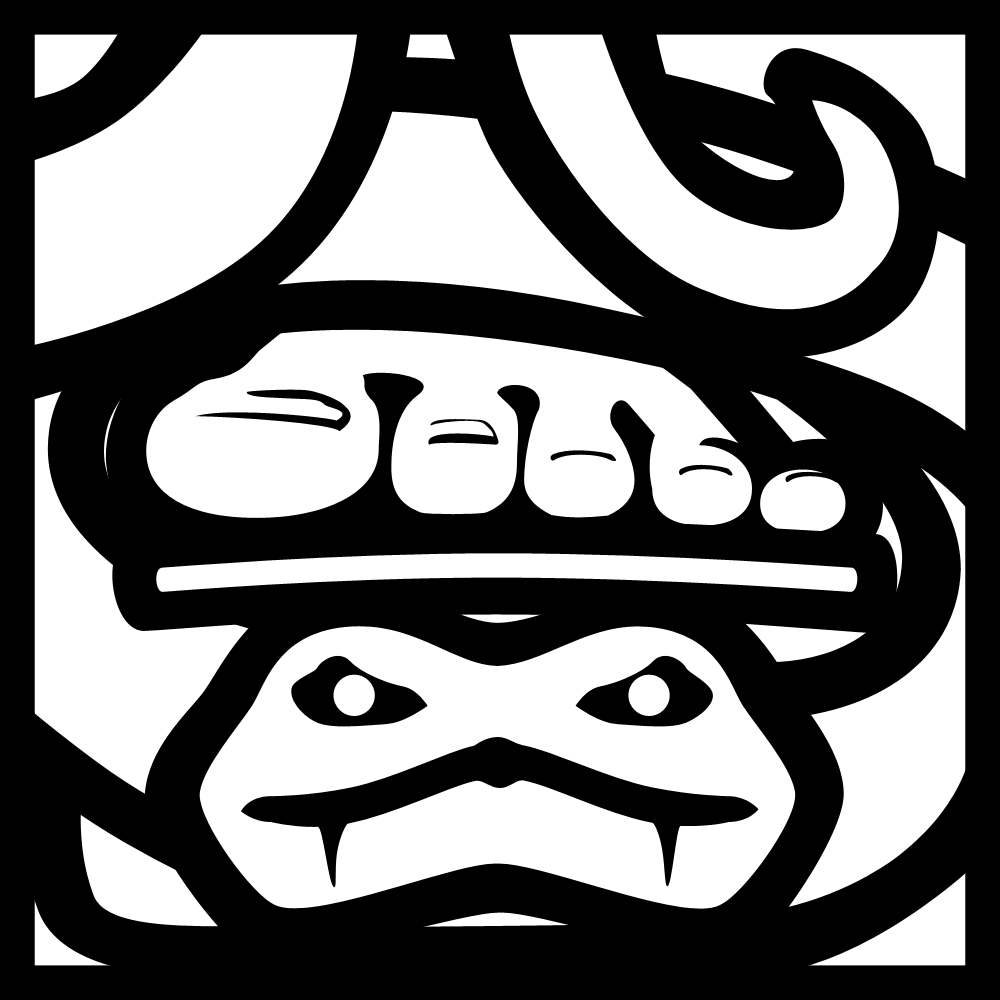
Isn’t it funny how we can hear or read the same passage over and over—study it, ponder it, discuss it—and still recognize something new in a fresh reading? That’s what I discovered early this month as our pastor was preaching through the first chapters of Genesis. Do you notice anything odd about this:
And I will put enmity between you and the woman, and between your offspring and her offspring; he shall bruise your head and you shall bruise his heel.
Okay, sure, you’re saying. That’s the proto-evangelion, the first prediction of a savior to redeem what the man and woman have broken. That’s the ultimate offspring, but “enmity” also refers to Christ’s people and Satan’s people, or the redeemed and the unredeemed, or the saved and the lost, or however you want to put it. Though a bit cryptic, it fits with the rest of the story. In fact, it strikes the first note of a prevailing theme, immediately after the conflict develops. That’s one mark of superlative storytelling, incidentally—and what’s so odd about it?
Just the first four words: I will put enmity. God is creating that conflict himself, slapping it right down in the middle of human history. We’re accustomed to thinking that Adam and Eve created the conflict through their disobedience, and in a sense that’s true. But God didn’t have to punish it. That is, he could have let it all go and Creation would have collapsed on itself, and good riddance. Failed experiment, or something.
Instead, “enmity” is introduced. Some versions translate the word as “hostility,” which is easier to say and perhaps more relatable, as we’ve all experienced hostile relationships. But enmity suggests something deeper—more than angry feelings or continual thwarted purposes. It’s an abiding repulsion between two parties, like reversed magnets. Some versions translate the word as “hatred,” and that’s closer to the sense, I think. God ensures that there will always be enmity in this world between offspring—not just Satan and Messiah, but those who are eternally lost and eternally found.
But, since we don’t know who those people are, and don’t even realize the enmity exists until our eyes are opened to see it, we can’t recognize it in this life. Except in one place—ourselves. We are born at enmity with God, but also with the offspring of Satan, in our own conscience. Is anyone totally lacking in morality? Is anyone perfectly content with who he is, or how she looks to others? Is any soul totally integrated with its own interior compass?
Some people are more anxiety-ridden than others but, in the words of the Paul Simon song, “I don’t have a friend who feels at ease.” We’re all born with a sense that something is wrong and, if we dare to admit it, Maybe it’s us. “Is it just me, or does it seem warm in here?” “Is it just me, or was something a little off about that statement?” “Is it just me . . . or is something really wrong here?”
I will put enmity . . . deep in the heart. And that’s a very good thing.
Because, if he hadn’t, we would have all made friends with the devil.
We’ve heard of people—even know one, possibly—who seem stone-cold evil. Though it’s presumptuous to judge anyone as beyond reach, we know those exist whom God has “given over” to their worse instincts. For them, there’s no struggle, no “enmity.” They’ve made their peace with the devil.
For the rest of us, the conflict will go on until it’s finally resolved. My internal “enmity” keeps me on alert and keeps me from self-reliance. One day, the magnets will switch poles and cling without equivocation, either to life or to death. For the one, pure love. For the other, pure hatred. But no more enmity. Until that day, though, I embrace what he has put in place.

